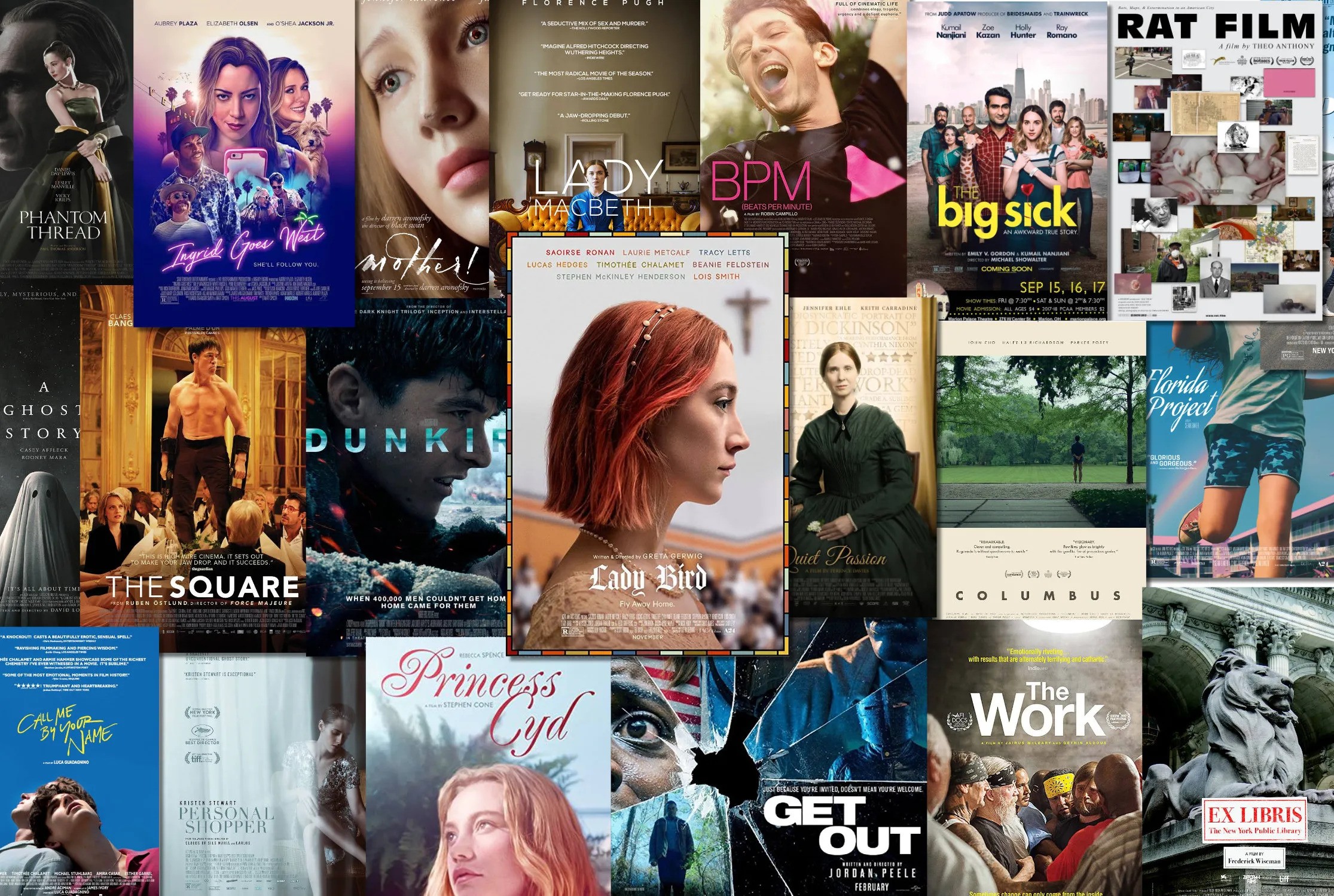In recent years, streaming movies online has become an integral part of how we consume entertainment. The advent of high-speed internet, combined with the rise of subscription-based streaming services, has completely transformed the movie-watching experience nonton layarkaca21. Whether it’s a classic film, a new release, or a binge-worthy TV show, online streaming offers a vast range of options right at our fingertips. In this article, we will explore the key elements of streaming movies online, its advantages, and how it has reshaped the entertainment industry.
The Rise of Streaming Services
Streaming services such as Netflix, Amazon Prime Video, Disney+, Hulu, and others have revolutionized the way people watch movies and TV shows. These platforms allow users to access vast libraries of content instantly, bypassing traditional forms of media consumption like cable television, DVDs, or movie theaters. With the subscription-based model, users can watch content whenever and wherever they choose, often with no commercials interrupting their viewing experience.
The convenience and flexibility of streaming have contributed to its rapid growth. The services are available on a variety of devices, including smart TVs, smartphones, laptops, and gaming consoles. This accessibility has played a significant role in the shift from physical media to digital streaming. The rise of on-demand viewing, in which users have complete control over what they watch and when, has been a game changer.
Advantages of Streaming Movies Online
-
Variety and Accessibility: One of the biggest advantages of streaming movies online is the sheer variety of content available. Users can find movies from various genres, countries, and languages, including content that may not be available in theaters or traditional media outlets. Services like Netflix, for example, feature everything from blockbusters and critically acclaimed films to niche independent movies, documentaries, and international content.
-
Convenience and Flexibility: Streaming platforms are designed for convenience. You can watch movies anytime, anywhere, as long as you have an internet connection. This flexibility is perfect for individuals with busy lifestyles or those who prefer to watch content at their own pace. The ability to pause, rewind, and fast-forward means that users are in full control of their viewing experience.
-
Cost-Effectiveness: Compared to traditional cable television or buying DVDs, streaming services are often more cost-effective. Many platforms offer affordable subscription plans, and some even have free ad-supported versions. For a fixed monthly or yearly fee, users get access to a massive library of movies and TV shows without having to pay for each individual title.
-
Original Content: Streaming platforms have invested heavily in producing original movies and TV shows, which has added to their appeal. Netflix, for instance, has released a range of award-winning original content, such as Stranger Things, The Crown, and Roma. Disney+ has exclusive content from the Marvel Cinematic Universe and Star Wars franchise. These exclusives encourage users to subscribe to specific platforms, knowing they can only access certain content there.
-
No Need for Physical Media: Streaming eliminates the need for DVDs, Blu-rays, or physical movie rentals. With streaming services, movies are available in digital format, ready to be streamed in HD, 4K, or even HDR quality, without taking up space or requiring any physical storage. This has not only made the process of watching movies more convenient but also environmentally friendly.
The Impact on the Film Industry
The rise of online streaming has had a profound impact on the film industry. While streaming services have opened up new opportunities for independent filmmakers to showcase their work to a global audience, traditional movie theaters have faced challenges. The increasing preference for streaming at home has contributed to the decline in theater attendance, particularly in the wake of the COVID-19 pandemic. Studios have begun to release major films simultaneously on streaming platforms and in theaters, reflecting a shift in how movies are distributed.
Moreover, the competition among streaming platforms has prompted companies to invest in more high-quality productions and diverse content. This has led to a surge in creative storytelling and experimentation, as streaming services can cater to a variety of tastes and niche audiences. Some critics argue that streaming has democratized film and television, allowing for greater diversity in voices and stories.
